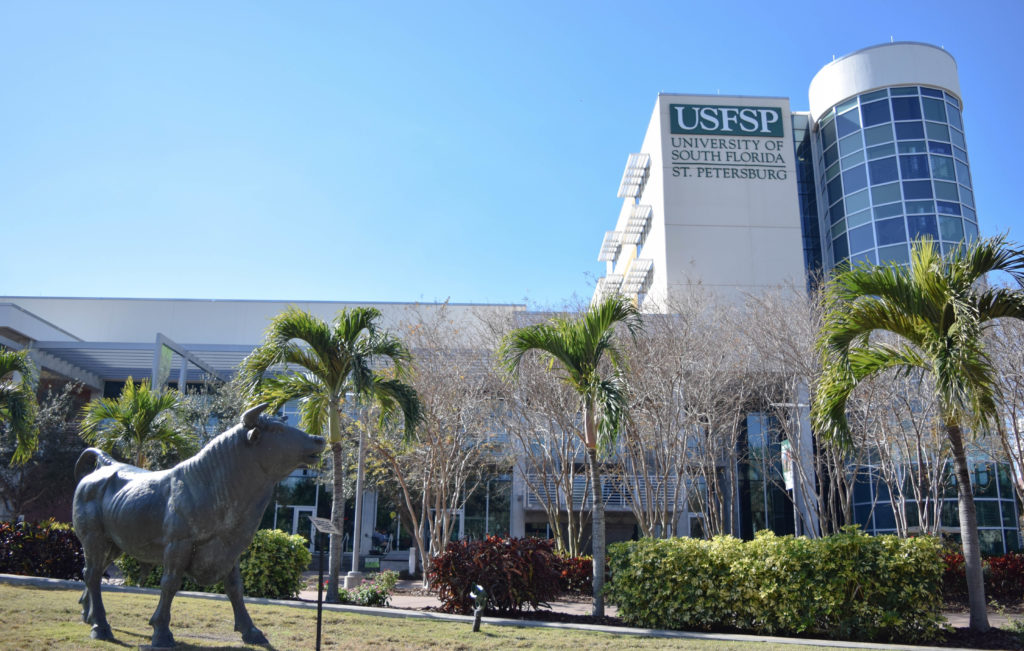
Jonah Hinebaugh | The Crow’s Nest
By James Bennett III
A curious student walked into the Career Center around 11:45 a.m. on Oct. 14 with questions about a job offer that seemed too good to be true.
Lesa Shouse, director of the Career Center, asked the student to forward the emailed offer to her and quickly realized that they were dealing with a scam. One of the first telling mistakes was that the scammer had mis-stylized “Handshake” as “HandShake,” with a capital “S.”
The email offered students a remote job in which they would “mail letters, make payments at Walmart and purchase some Items (sic) when needed.”
The job would supposedly take six hours a day four times a week and pay $620. The students were told they would be paid in advance to cover the costs of anything they were told to purchase.
The scammer said they were unable to meet for an interview until they returned from a work-related trip to Canada.
If students responded to the fake job offer saying they were interested, they were sent a check and told to use the money to purchase and mail various items to the scammer. The checks were fake, and any student who deposited or cashed the check would have to pay the bank back any money they had already spent.
Students across all three USF campuses were sent fraudulent emails last weekend.
As more emails questioning the validity of the job offer came in, Shouse contacted University Police Chief David Hendry to collaborate on UPD and Handshake’s response to the fraudulent emails.
That same day, Shouse’s email explaining the scam and how to react was sent out by 1:17 p.m. and was quickly followed by a PSA from Hendry.
In Shouse’s email, she explained that the job offer was a scam and did not originate from the Career Center or Handshake. She also advised students who received checks to bring them “directly to the University Police Department to be added to a report.”
Although she doesn’t know the exact number of students who were contacted by the scammer, Shouse said the scam seemed to be fairly “widespread,” given the number of responses she received.
Hendry’s email reached students shortly after.
“There has been a significant increase in attempted scams and frauds in our area. Some are very convincing, even utilizing university or government email addresses and telephone numbers,” Hendry’s email said. “Be alert to scams asking you to deposit checks or share your personal information. If it sounds ‘too good to be true,’ be very suspicious.”
Attached to the email was a crime bulletin with 10 tips intended to help students “stay a step ahead” through proactive investigation or skepticism.
Katlyn Kurtz, one of the university’s communications and marketing specialists who works at the Tampa campus, said in an email that students who responded to the scam but had no monetary exchange should file a complaint online through the FBI’s Internet Crime Complaint Center at www.ic3.gov.
Grant Malvestuto, who works at the front desk for Campus Computing, said the scammers weren’t “hackers.” Rather, they were “malicious people” who likely found a list of student emails online, wrote a script that mimicked Handshake but had enough differences to fly under the radar, then sent out emails from their own server.
Shouse said this wasn’t the first time she’s seen scammers try to reach students, which is why Handshake reviews job offers before sending them out to students.
“This is kind of a good moment to help everybody learn and understand that anytime anything sounds too good to be true, it probably is,” Shouse said. “So make sure you look closely into whatever the opportunity is that you might be seeking.”
10 ways to prevent fraud
Scammers often pretend to be trusted government officials, charities, family members or companies you do business with. Don’t give out your personal information for an unexpected request.
Here’s how UPD suggests you stay vigilant about scam calls or emails:
- Spot imposters.
- Do online searches.
- Don’t believe your caller ID.
- Don’t pay upfront for a promise.
- Consider how you pay.
- Talk to someone.
- Hang up on robocalls.
- Be skeptical about free trial offers.
- Don’t deposit a check and wire money back.
- Sign up for free scam alerts from the FTC.



